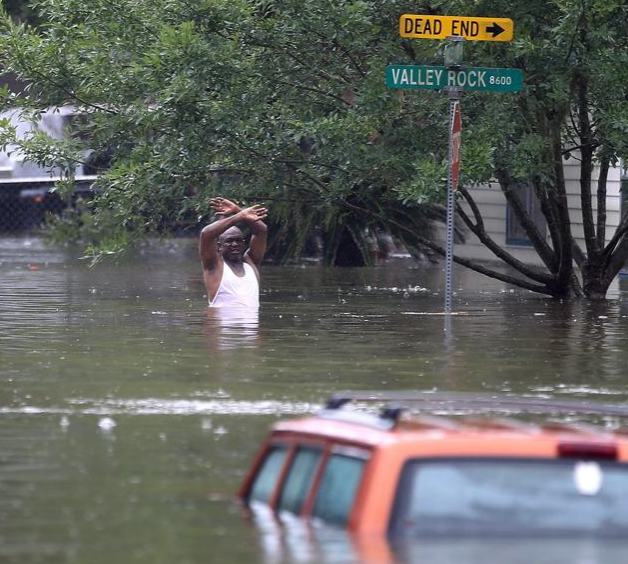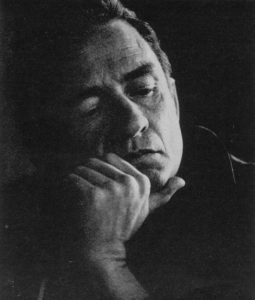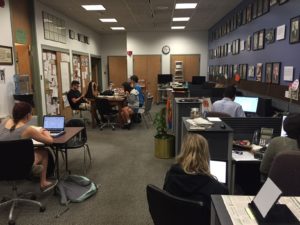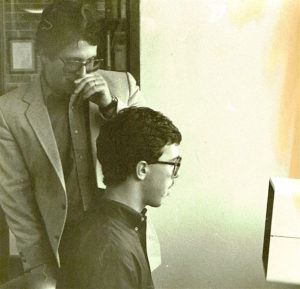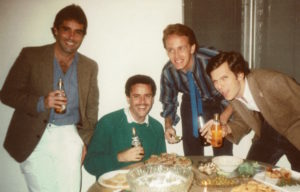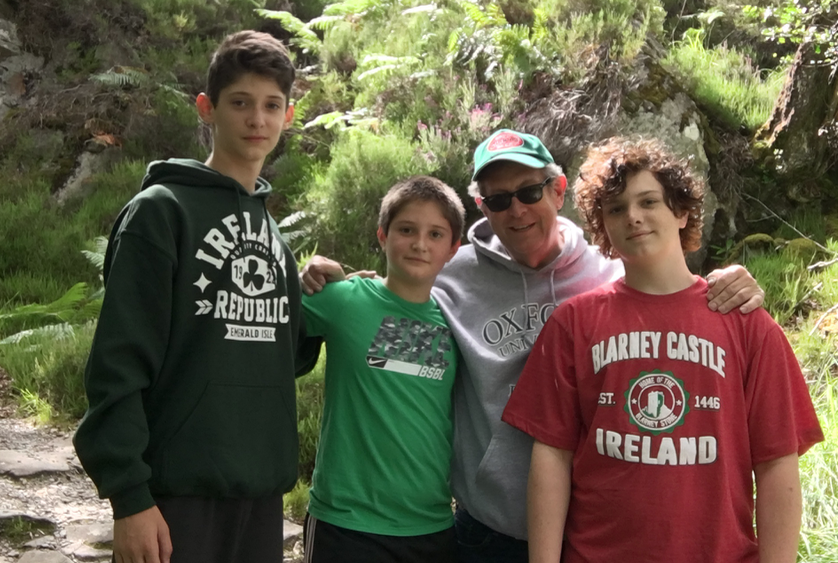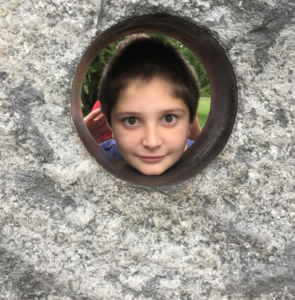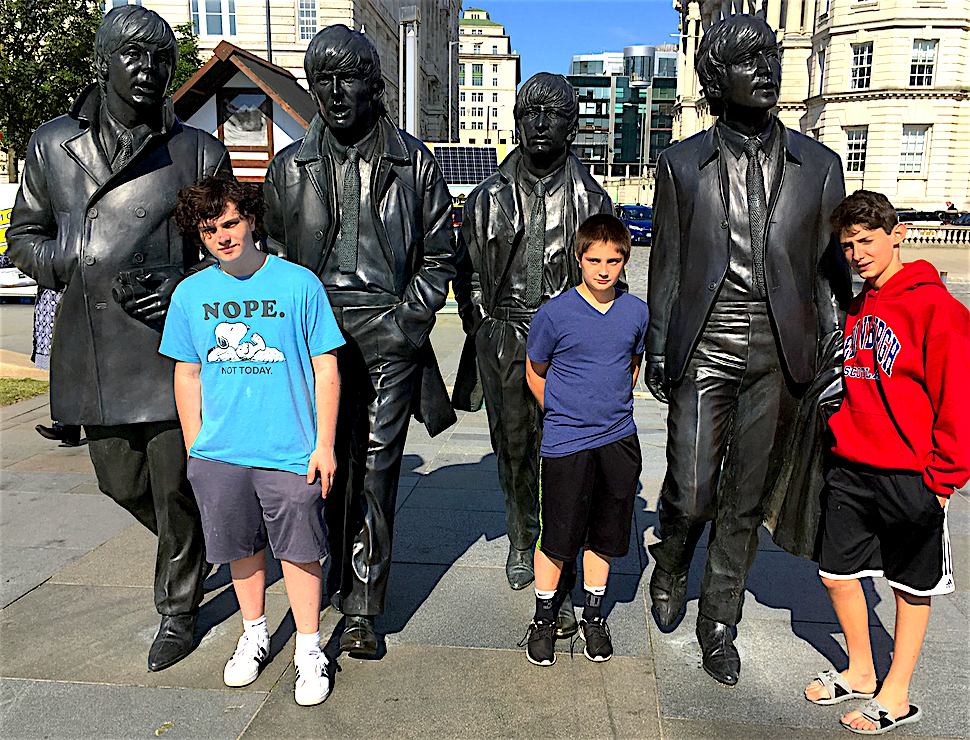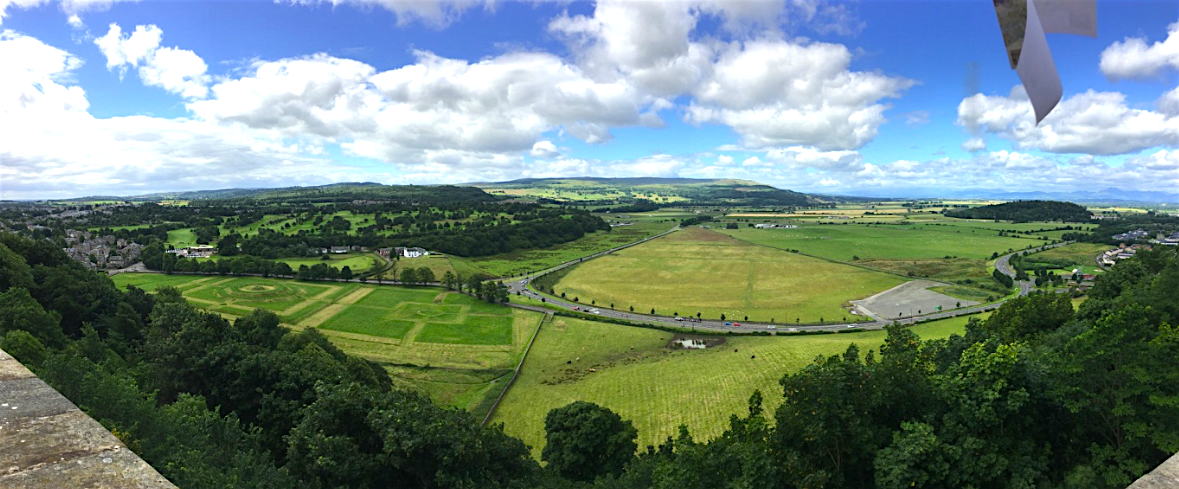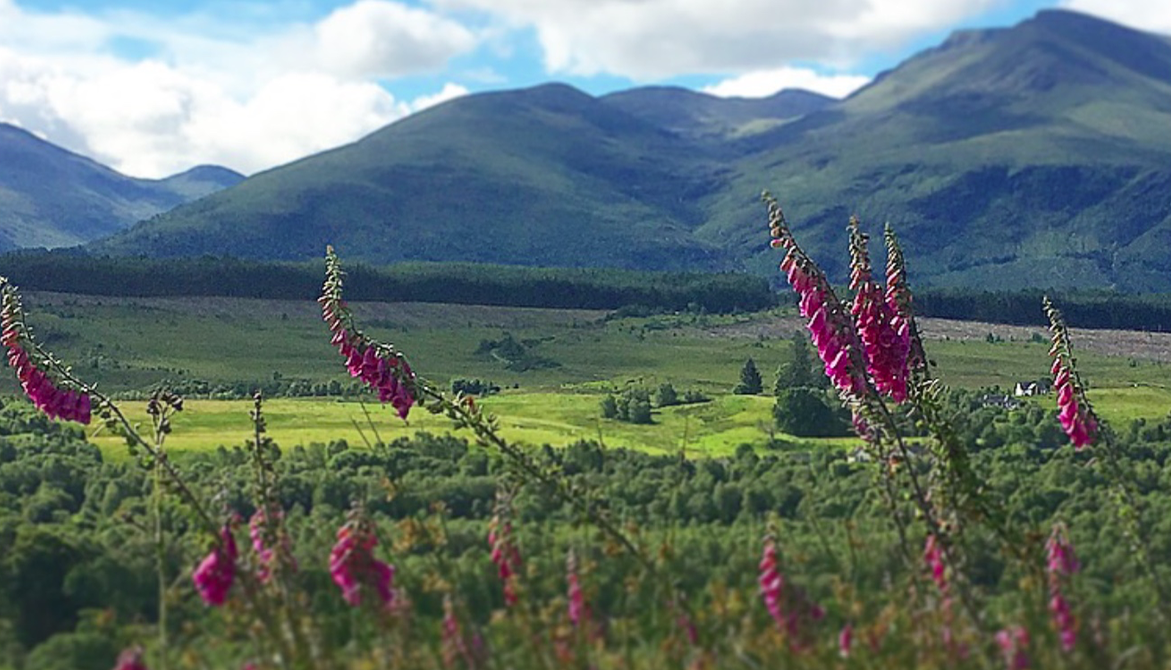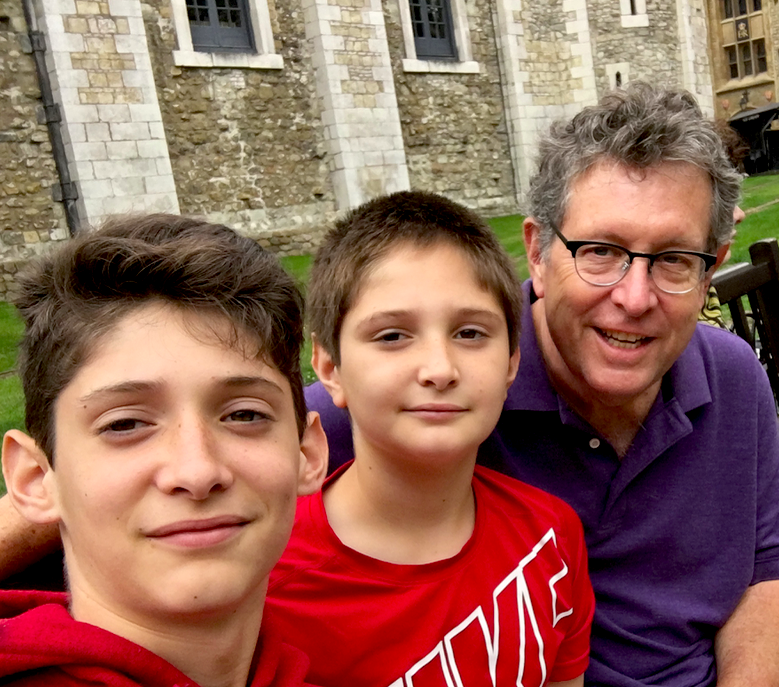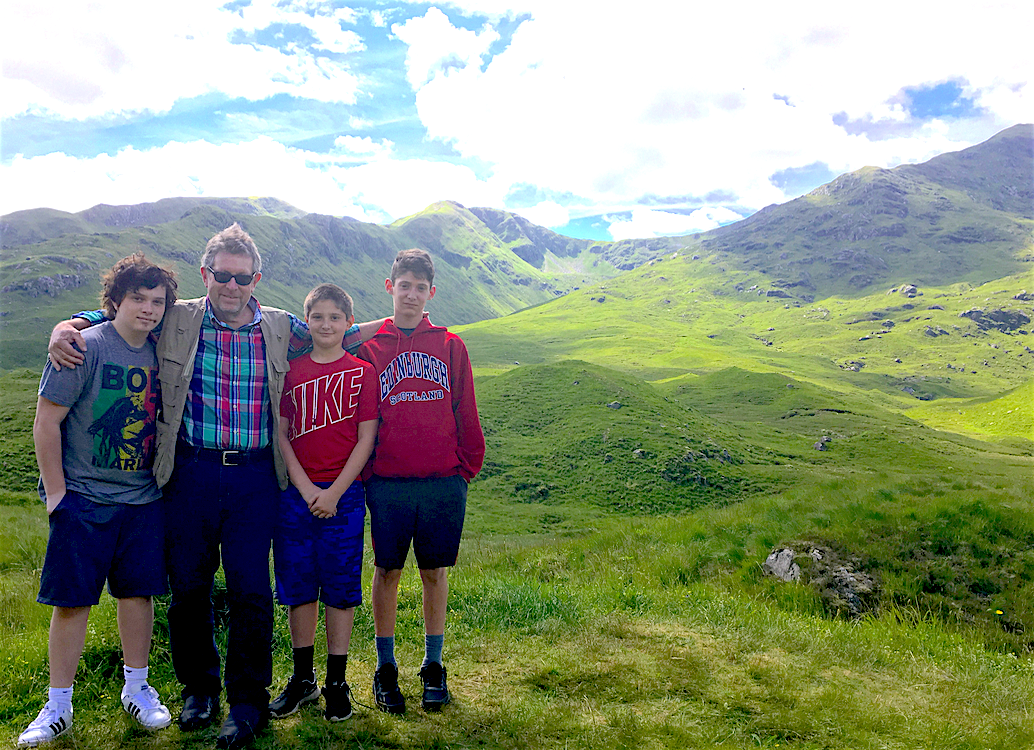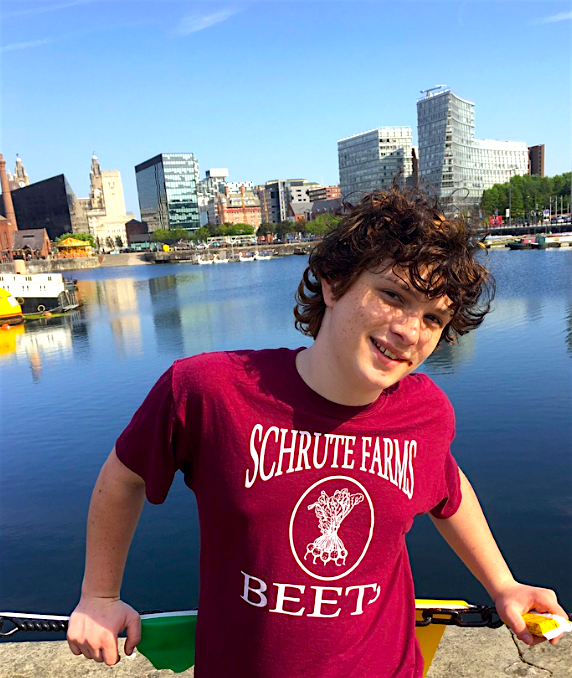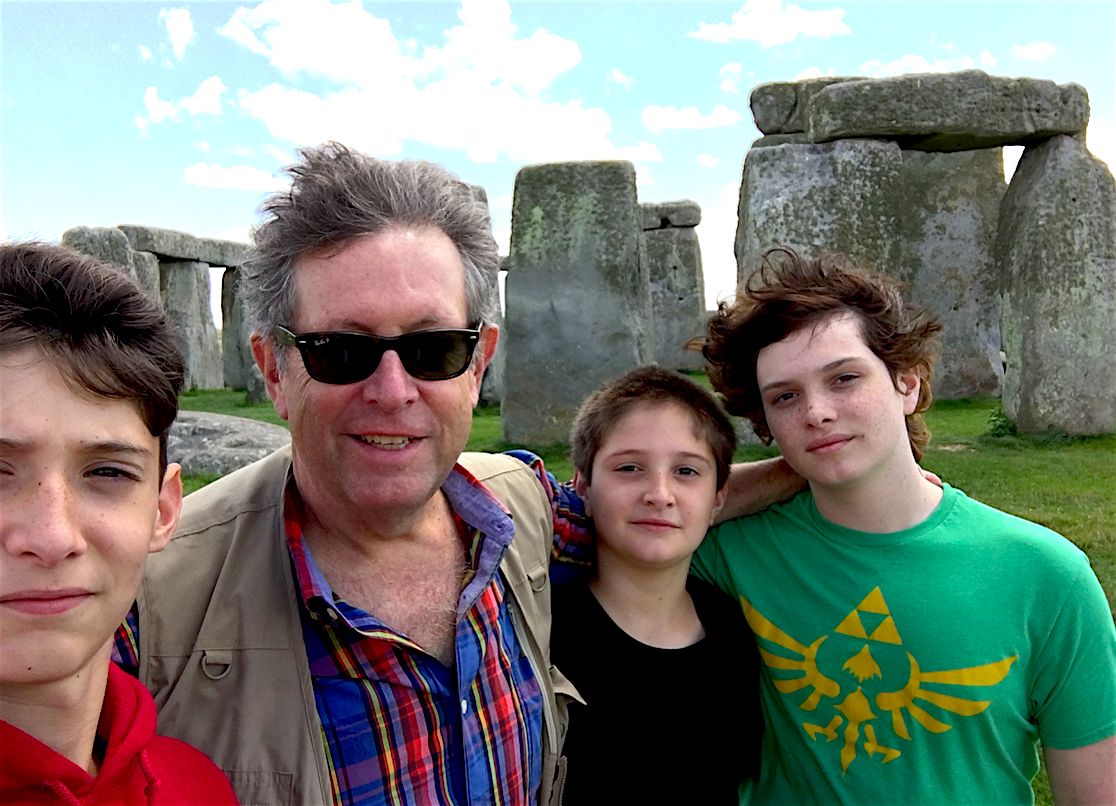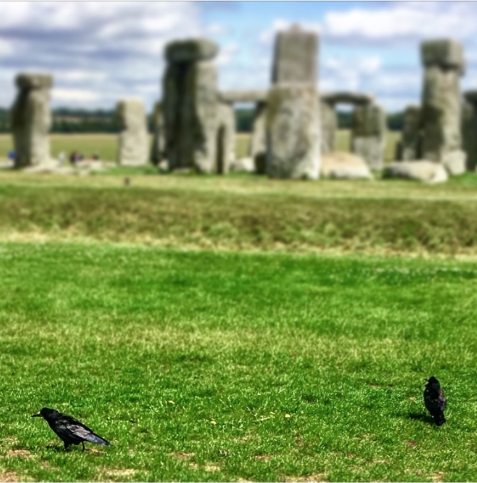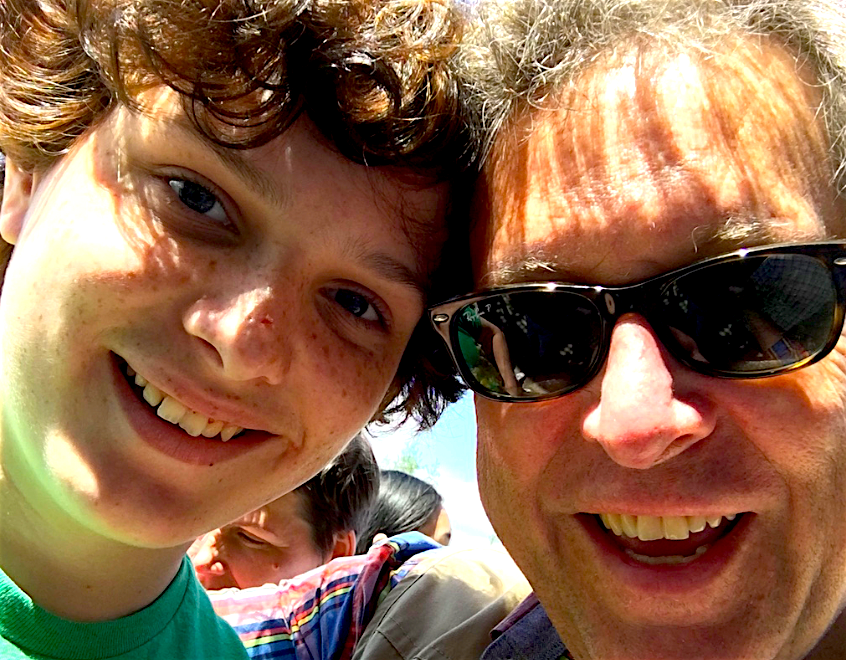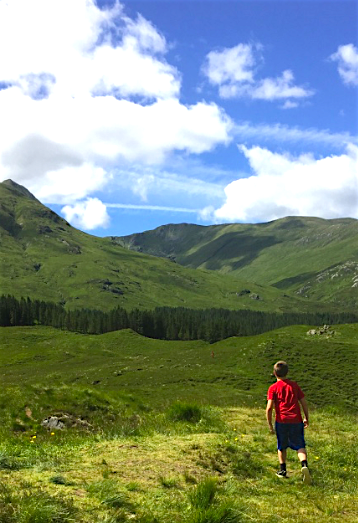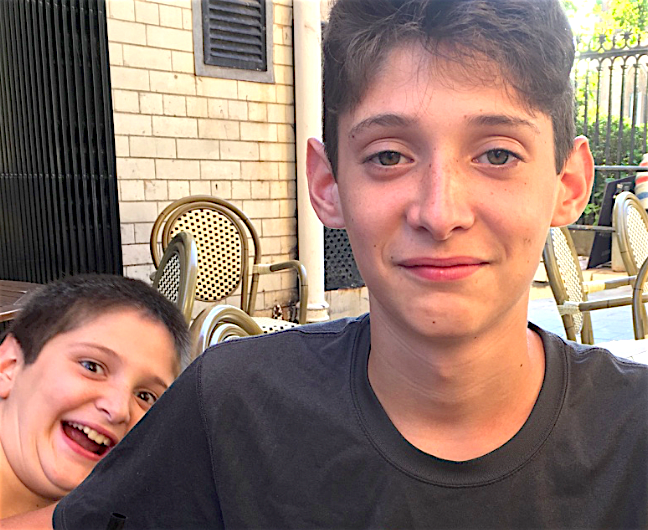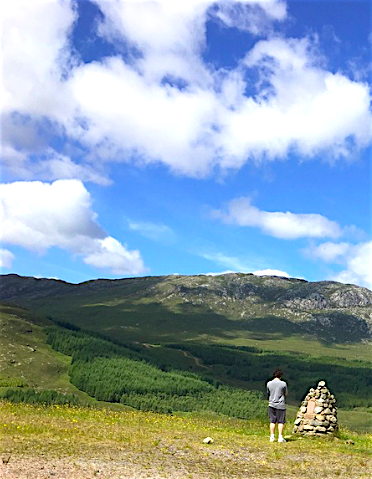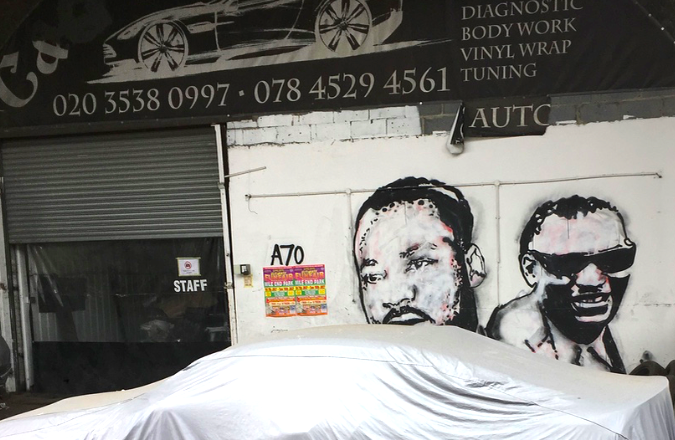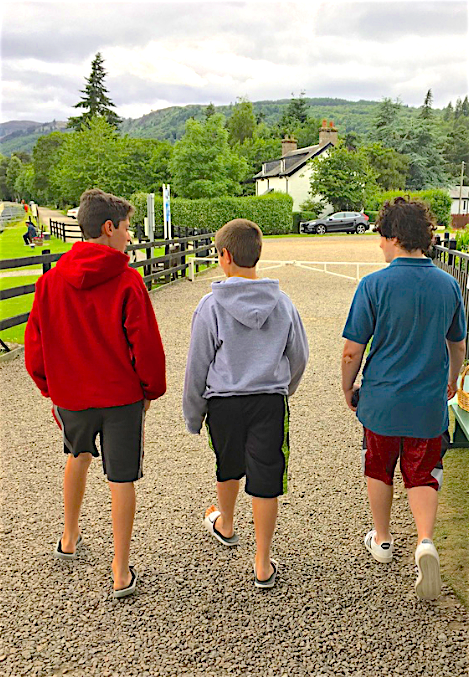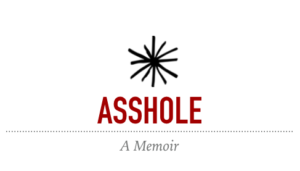
All of our lives we know we’re going to die. But then it becomes a reality, not a hazy, distant concern. When I heard those words from a physician — you have cancer — death became a reality.
Suddenly, Death sat on the seat next to me as the train hurtled me home. My encyclopedia of useless information — I speak of my brain — paged through the Death entries on file.
Henry James said, “So here it is come at last – the distinguished thing.”
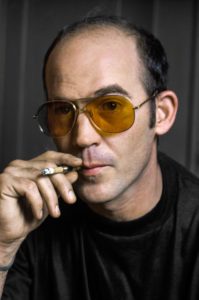
There’s that quote often attributed to Hunter S. Thompson: “Life should not be a journey to the grave with the intention of arriving safely in a pretty and well preserved body, but rather to skid in broadside in a cloud of smoke, thoroughly used up, totally worn out, and loudly proclaiming ‘Wow! What a Ride!’ ”
And again, from Woody Allen: “Life is full of misery, loneliness, and suffering and it’s all over much too soon.”
True that, Woody.
And I would die in a distinctly unglamorous way: death by asshole. How fitting.
It wasn’t pain that I feared. If I was going to die this way, I knew that it would be in that haze of which I spoke — a tissue of medication and incoherence into which i would slip. It was not the act, but the aftermath — of being gone, of being so totally absent — that I feared most.
And I believed, in some way, I’d been there before: I’d visited death.
The first time I died was Thanksgiving Day in 2001. Nicole and I were married that July and she was already pregnant by fall. She wanted to spend the holiday with her father, who lived in Santa Fe, so we loaded up Savannah, then five, and my daughter Sarah, then 21, and her boyfriend, Ryland. Jack was our silent passenger, deep within my wife’s belly. Thinking back, that’s probably the only time that wonderful kid has ever been silent.
It was our first flight since the September 11 terrorist attacks and we were all a little anxious, but after eye-balling shady passengers for four hours and planning to neutralize ruffians with my devastating choke-hold, we landed without incident. Nicole’s father, Danny Cisneros, picked us up at the Albuquerque airport and drove us to his condo in Santa Fe.
Danny and his roommate Mark were preparing Thanksgiving dinner for a significant portion of Santa Fe’s population.
We got to his place Wednesday evening and discovered he already had two or three dishes going, the turkey readied to cook all night, and enough wine to supply a week’s worth of Roman orgies.
We were tired, so I had a couple beers and went to bed. Since Nicole was pregnant, she didn’t drink, and snuggled with Savannah in our guest-room double bed.
I don’t like bodies poking me at night, so I didn’t sleep much and finally got out of bed around 5:30 on Thanksgiving morning. Danny was already in the kitchen. The turkey was done, the yams were ready and he was working on oyster dressing.
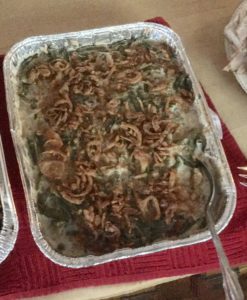
My contribution to holiday meals was my Nuclear Green-Bean Casserole. This is not your father’s green-bean casserole; its key ingredients are sour cream and cheese. I put that together and had it ready for the oven before the guests arrived. (See the recipe here.)
Gradually, the house awoke. Mark was a church organist and he took Sarah and Ryland to services, because actors Val Kilmer and Daryl Hannah attend the church and Sarah wanted to stargaze. She came home afterword and reported that Kilmer attended services dressed as a pilgrim.
Everything was more or less ready by late morning. Guests were expected around one o’clock.
“I’m all tired out,” Danny said. “I think I’m going to go lie down for a bit.”
We didn’t see him for another 24 hours.
The friends began arriving. I’d met most of the guys when they’d come to Key West for our wedding, so I wasn’t my usual socially awkward self. Nicole is one of those people with an overabundance of the hospitality gene. She was knee deep in an uncomfortable pregnancy, but still turned on the immense charm she reserved for company.
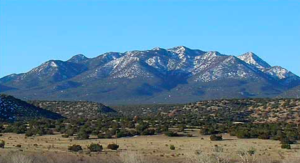
Friends kept showing up with desserts. Some assembled in the living room and others drifted to the large back deck, which had a beautiful view of the Ortiz Mountains.
Danny’s friend Roger brought two Pyrex dishes of brownies. I’d already had a few beers, so my judgment and manners were impaired.
Roger set down one of the trays near me in the living room. There wasn’t a huge rush for it, so I began eating brownies in my regular style — using my hand as a backhoe and regarding the brownies as earth in need of removal.
I gobbled a few delicious scoops when I heard a noise from above. I looked up the stairwell and saw Nicole at the second floor landing, shaking her finger at me and mouthing stop.
“You know those are loaded, right” Roger asked, amazed at my lightning-quick excavation of his brownies.
“Oh yeah?” Another scoop.
“I put Marinol in them,” he said.
“I love Marinol,” I said. “Danny gives me some when I’m stressed or can’t sleep.” Danny and several of his friends had prescriptions for this form of medical marijuana which comes in burgundy-colored spheres the size of BB’s.
“Well, slow down,” Roger said. “I used a whole bottle.”
“Really?” I mumbled as I shoved in another handful of brownie.
“That’s 60 tablets, you know.”
But I was oblivious. Sarah and Ryland went to work on the other tray of brownies and soon we were all fairly high — able to function, but in the zip code of fucked up.
By early afternoon, dinner was getting cold and most of the guests had arrived. Still no Danny.
Mark went upstairs to check on him. “He’s still breathing,” he reported, “but I don’t think we’re going to see him the rest of the day. He is out of it.” He clapped his hands, then rubbed them together. “Let’s eat!”
 Danny and Mark had set up tables on their back deck, out in the open, and had enough chairs to seat 20 or so.
Danny and Mark had set up tables on their back deck, out in the open, and had enough chairs to seat 20 or so.
It was cold out, but space heaters and body heat warmed us, and we enjoyed the stark sunlight and mountain view. We all held hands as Mark led us in grace, then we started the circulation of the dishes, including a platter the size of a Goodyear on which Nicole had rendered the huge turkey into neat slabs of white meat.
Of course the dinner was perfect. Danny was a superb cook and everything was delicious. He was inside, passed out on his bed, missing the appreciative mass of friends and family enjoying the fruits of his labor.
I collected compliments on my artery-clogging casserole. I wanted to impress Danny with it — still in that eager-to-please new son-in-law period — but he was, according to Mark, unlikely to wake.
I was next to Nicole, with Savannah on her other side. Sarah and Ryland faced us from the opposite side of the table.
Then my life stopped.
 I became aware of the quiet. Everything stopped, but of course it didn’t.
I became aware of the quiet. Everything stopped, but of course it didn’t.
Conversations muted. I looked at Sarah, who’d begun crying. Yet I could not hear her.
It was me; I’d gone quiet.
But it wasn’t me; I was watching me, yet I was still there.
I was mute, stock still, my face flushed.
I’d never seen Sarah cry so hard, not even when she was a baby. Ryland held her, but rather than burrowing into his chest for comfort, she watched me, her body jerking with sobs.
What followed was unspoken. There was no conversation, because we didn’t need words. I felt a presence.
Everything was burned out, like an over-exposed photograph. Only the high contrast remained. There was a strong, beautiful light and despite the chill of November in the mountains, I was warmed and cocooned.
Of course there was light — a stunning beautiful light, more than the brightest sunlight, utterly enveloping.
Come. There was no voice, but I heard it.
I can’t. Whatever it was, it heard my thoughts.
Yes.
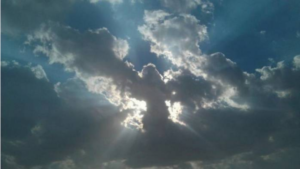
No, I can’t.
But it’s time.
I won’t leave; not now.
A silent negotiation continued.
There was no time.
Everything had stopped.
I had no idea who or what I was talking to.
I felt a sudden determination to push back. This is not it, I said without speaking. I’m not done.
I refused to leave. I looked across the table at my firstborn, heaving with sobs. And I thought of the little one, tiny as an acorn, in the body of the woman next to me.
I turned to Nicole. Unlike Sarah, her face showed no concern. Neither did Savannah’s, but after all, she was five, chowing down on my life-changing casserole.
I turned to Nicole. In a calm steady voice, I said, “I think I’m dying.” I put my hand on my chest, figuring if I covered my heart, it would soothe its pain. Its pace was accelerating, like a roaring engine.
“You’re not going to die,” she said.
“Please.” Remarkably, still calm. “Call 911.” I was determined to push back. Maybe this voice or this presence was a test. Maybe my commitment to life was being tested and I needed to show how I could or would respond.
“We don’t need to call 911,” Nicole said. She looked annoyed, not concerned.
Come. It was a persistent presence. If the presence had a gender, it was female, kind but firm, like a teacher. But I pushed back. Still, there was the message: It is time to go. Do as we say. Let it all go.
No, I won’t. I know you want me to, but I can’t. Not now. I can’t leave them.
Part of me was stunned by the simple beauty of what was happening, that I was in negotiation with something or someone — this presence. Was this an angel? Was I pushing back on an angel? For a person of wavering faith, I found comfort in this, even though I was fighting against it.
I gripped the arms of the wrought-iron chair, scooted back and pulled myself up. The noise of the chair on the back deck sounded as if it came from blocks away, not beneath me.
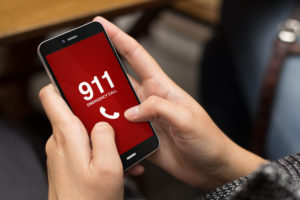
Sarah was still crying. “Call 911,” she told Nicole. “Can’t you see he’s dying?’
“He’ll be all right.”
I stood weaving for a moment, then the sound of the other conversations on the porch resumed, as if someone gradually turned up the volume. I slid open the screen door and staggered into the living room. The rest of the guests out on the back deck were unaware I was dying.
I crossed the living room like a deckhand on rough seas, and collapsed head first in the half-bathroom next to the fireplace. I was face-down on the rug, my lower half jutting into the living room.
I flashed back to childhood: When I was a little boy and felt sick at night, I’d poke my father awake, inform him of my condition, then crawl into my parents’ bathroom and curl up on their rug for comfort. Something about being so close to my mother and father, on the warm green terrycloth rug, made me feel secure and invulnerable.
Wonderful symmetry, I thought, as I burrowed my nose into Danny’s terrycloth. I begin and end on a bathroom floor.
During long pockets of silence, the laughter from the guests out on the back deck disappeared. It didn’t, of course, but for me, all sound was gone.
I continued my silent negotiation with the presence that had come for me. I expected death at any moment.
Someday, I argued, I know it’s part of the deal, but not now. Please — not now. I can’t leave them. I need to get the children to adulthood. And now there’s my acorn, and that acorn is going to need me.
Later, Nicole and I argued about this. I contend that I died and came back. “You’d just never been that high before,” she said. But I’m certain that I died and talked my way back into living. I made a deal to buy more time.
How else to account for my hour bathed in stark, white light? It might have looked as if I’d passed out on the bathroom floor, but that wasn’t me. I wasn’t there. I was away, negotiating for my life — for more of it, at least.
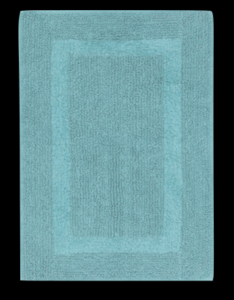 I gradually came back but didn’t move, so comfortable was I in my terrycloth cocoon. Like a good boyfriend, Ryland carried Sarah upstairs and held her hair back while she bent over the toilet, vomiting. Savannah appeared at her side, in her red party dress.
I gradually came back but didn’t move, so comfortable was I in my terrycloth cocoon. Like a good boyfriend, Ryland carried Sarah upstairs and held her hair back while she bent over the toilet, vomiting. Savannah appeared at her side, in her red party dress.
“I think Daddy’s dying,” Savannah said.
“In that red dress, she looked like the devil,” Sarah told me later. She also told me that she believed I died. She said I’d turned white, my eyes emptied, and that I left. She could feel me leaving and was certain she was watching her father die. That’s why she’d burst into tears.
Back on the floor of the bathroom, with with my ass end sticking out into the living room: I couldn’t move, but I could hear people arrive:
“Happy Thanksgiving! Where’s Danny?”
“He’s passed out upstairs.”
Then they’d see my fat ass sprawled in the living room. “Who’s that?”
“That’s his son in law.”
The blessing here was that Danny slept through until the next morning. He didn’t witness this episode or the prolific vomiting that followed. Small blessings. He did, however, miss the casserole.
Was that death, a quiet slipping away into nothingness, bathed in bright light? As I rode the train home that night after hearing those three little words, I remembered dying, and what it felt like.

Was life just a cruel joke — a pleasure palace until it’s suddenly taken away? I remembered that quote from Richard Farina: “When you’ve walked a little with death, you learn to court it, play with it, defy it if you choose.”
I hadn’t walked with it, but I had negotiated with it in the shadow of the mountains. I don’t know that I won that argument, but the presence left and I remained.
It was the nothingness that worried me. What is it about death that bothers me? Probably the hours. To suddenly not be, for there to be nothing — maybe that was the real hell. The world would carry on and had it really mattered that I’d been here?
I’d be just another ex-parrot. I’d procreated and my children would remember me and, I hoped, miss me. As a teacher, I hoped I’d affected some people along the way, but probably most students thinking back on their college days wouldn’t remember my name.
So death was on the seat beside me. It came for me a second time. As I faced it, I feared the nothingness and the eternal void. I would be gone and who knew, beyond the beautiful light, what awaited.
![]()

 But I found it in my ‘recent calls’ folder. A missed call from the 305 area code, meaning South Florida or the Keys. The first 305 I could think of was Nicole’s mother. But she was in my contacts, so her name would have come up. Plus, she’d been dead since March. I’d be surprised if she called.
But I found it in my ‘recent calls’ folder. A missed call from the 305 area code, meaning South Florida or the Keys. The first 305 I could think of was Nicole’s mother. But she was in my contacts, so her name would have come up. Plus, she’d been dead since March. I’d be surprised if she called. They had called my train and I walked stiffly toward Track 13. Of course, Track 13. What rotten luck.
They had called my train and I walked stiffly toward Track 13. Of course, Track 13. What rotten luck.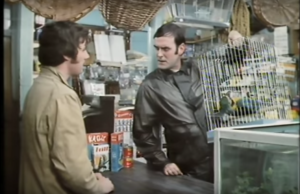
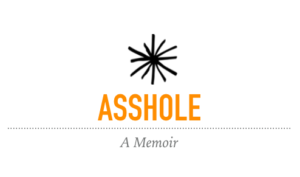
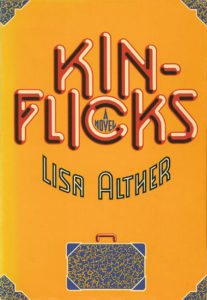 (And a few of the apparently used the book as a coaster, a practice I find reprehensible.) Still, this book has been read by many hands — hands of people I loved.
(And a few of the apparently used the book as a coaster, a practice I find reprehensible.) Still, this book has been read by many hands — hands of people I loved. But I was into death. From the time I was in single digits, I had a sense of impending death.
But I was into death. From the time I was in single digits, I had a sense of impending death.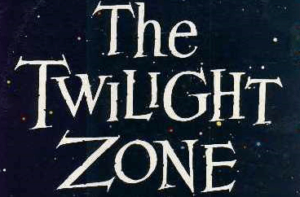 The astronauts were played by Jack Klugman, Ross Martin and Frederick Beir. As they debated what to do it occurred to me that I was going to die someday.
The astronauts were played by Jack Klugman, Ross Martin and Frederick Beir. As they debated what to do it occurred to me that I was going to die someday.
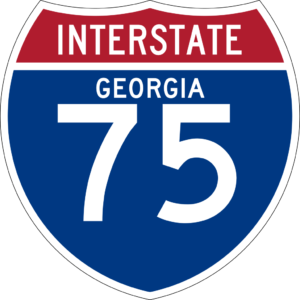 For someone who drove so much — long, madman drives between Florida and Indiana when I’d steal long weekends to go visit my older kids when they were little — I had a library of death scenarios from the highways. I certainly saw enough accidents and had a lot of close calls. One time, a guy intent on suicide jumped in front of my car but my cat-like reflexes (if you knew me, you’d realize that’s funny) allowed me to swerve at the last minute. There’s a herd of deer in the world that would not exist had I not be able to respond so quickly.
For someone who drove so much — long, madman drives between Florida and Indiana when I’d steal long weekends to go visit my older kids when they were little — I had a library of death scenarios from the highways. I certainly saw enough accidents and had a lot of close calls. One time, a guy intent on suicide jumped in front of my car but my cat-like reflexes (if you knew me, you’d realize that’s funny) allowed me to swerve at the last minute. There’s a herd of deer in the world that would not exist had I not be able to respond so quickly.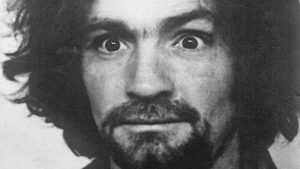

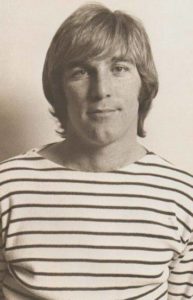
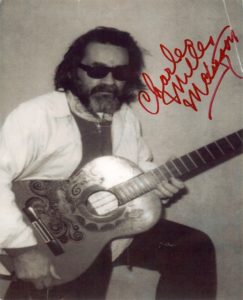
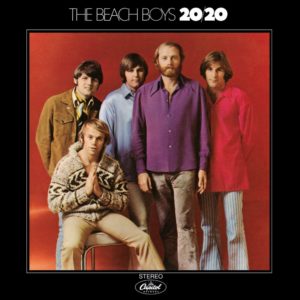
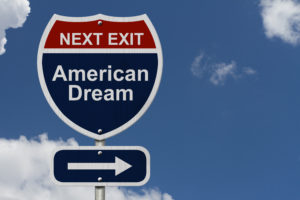
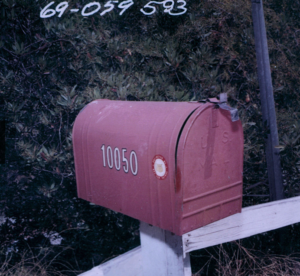
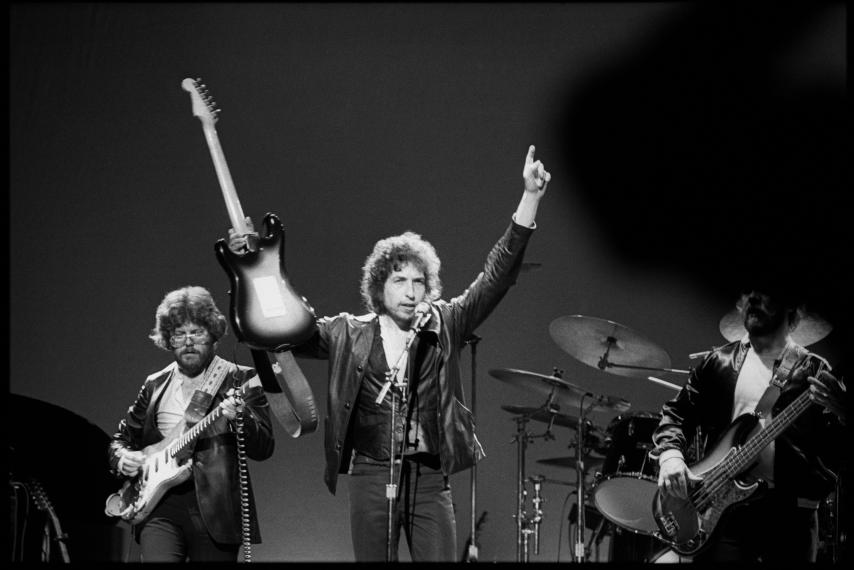
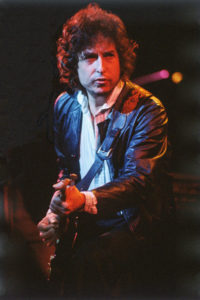
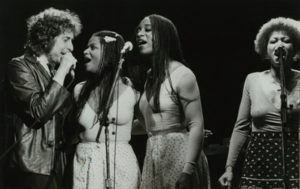
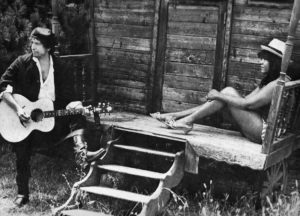
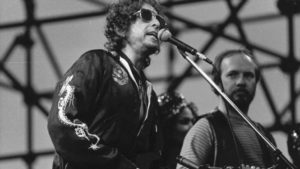
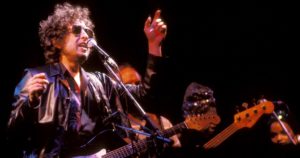
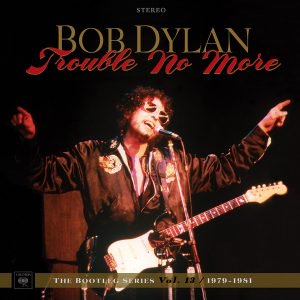

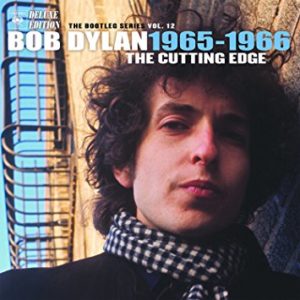
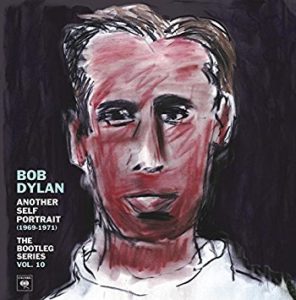
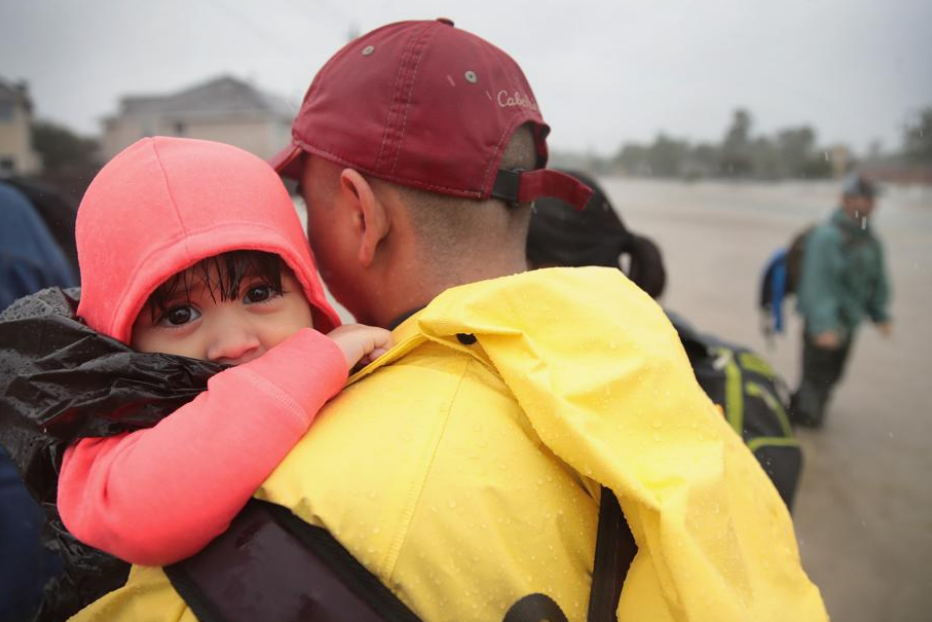
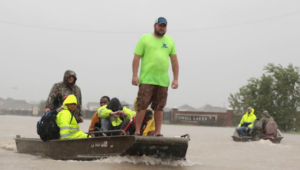 people from all over have come here to help.
people from all over have come here to help. 